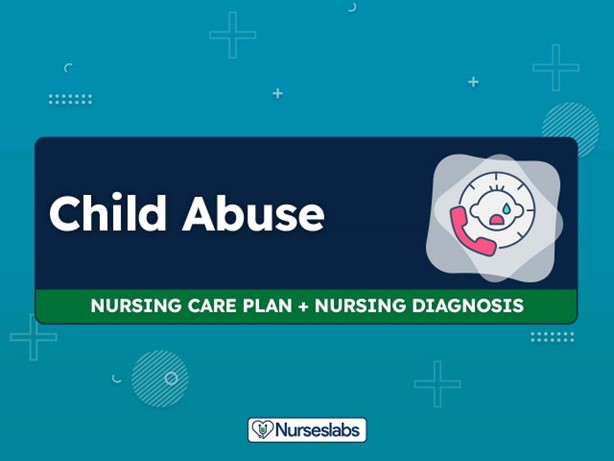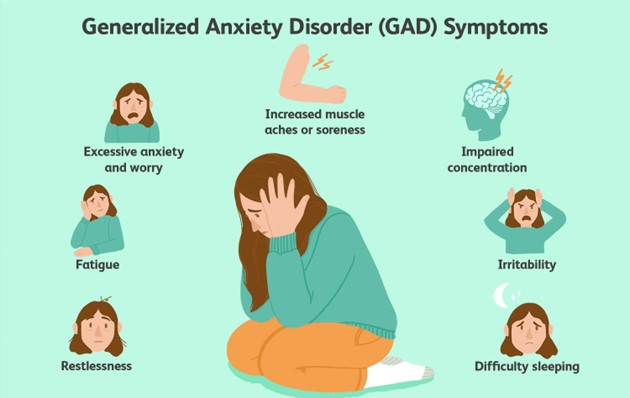A nurse is discussing the reporting of child abuse with a newly licensed nurse. Which of the following statements by the newly licensed nurse indicates an understanding of the teaching?
"Civil liability can result if the abuse can't be proven."
"Evidence of abuse must be collected prior to reporting."
"Reporting is voluntary for healthcare workers."
"If suspicion of abuse exists then reporting is mandatory."
The Correct Answer is D
If suspicion of abuse exists then reporting is mandatory.

Choice A is incorrect because civil liability does not depend on whether the abuse can be proven or not, but on whether the report was made in good faith or not.
Choice B is incorrect because evidence of abuse does not need to be collected prior to reporting, but only reasonable suspicion of abuse.
Choice C is incorrect because reporting is not voluntary for healthcare workers, but mandatory by law.
Choice D is correct because if suspicion of abuse exists then reporting is mandatory for any person, agency, organization, or entity with direct knowledge of child abuse or neglect.
Nursing Test Bank
Naxlex Comprehensive Predictor Exams
Related Questions
Correct Answer is D
Explanation
Validation. Validation is a therapeutic technique that involves acknowledging and accepting the feelings and emotions of the person with dementia, even if they are not based on reality. Validation helps to reduce agitation and anxiety and promotes dignity and respect.
The other choices are not correct for the following reasons:
Remotivation is a technique that aims to stimulate the person's interest in the present and future, by providing factual information and encouraging participation in activities. Remotivation may not be appropriate for someone who is agitated and living in the past.
Orientation to reality is a technique that involves correcting the person's misperceptions and confusions, by providing factual information about time, place, and identity. Orientation to reality may increase agitation and frustration and may damage the person's self-esteem.
Guided imagery is a technique that involves using mental images to promote relaxation and well-being. Guided imagery may not be effective for someone who has difficulty with attention, concentration and memory.
Correct Answer is A
Explanation
Moderate. According to the Mayo Clinic moderate anxiety is characterized by symptoms such as loud and rapid speech, difficulty concentrating, restlessness, and increased worry. The client's behavior matches these symptoms, indicating that they are experiencing moderate anxiety.

Choice B. Panic is incorrect because panic is a severe form of anxiety that involves symptoms such as chest pain, shortness of breath, trembling, and a sense of impending doom. The client does not exhibit these symptoms.
Choice C. Severe is incorrect because severe anxiety is marked by symptoms such as irrational fear, detachment from reality, hallucinations, and loss of control¹². The client does not show these symptoms.
Choice D. Mild is incorrect because mild anxiety is associated with symptoms such as nervousness, increased alertness, and slight discomfort¹². The client's symptoms are more intense than mild anxiety.
Whether you are a student looking to ace your exams or a practicing nurse seeking to enhance your expertise , our nursing education contents will empower you with the confidence and competence to make a difference in the lives of patients and become a respected leader in the healthcare field.
Visit Naxlex, invest in your future and unlock endless possibilities with our unparalleled nursing education contents today
Report Wrong Answer on the Current Question
Do you disagree with the answer? If yes, what is your expected answer? Explain.
Kindly be descriptive with the issue you are facing.
